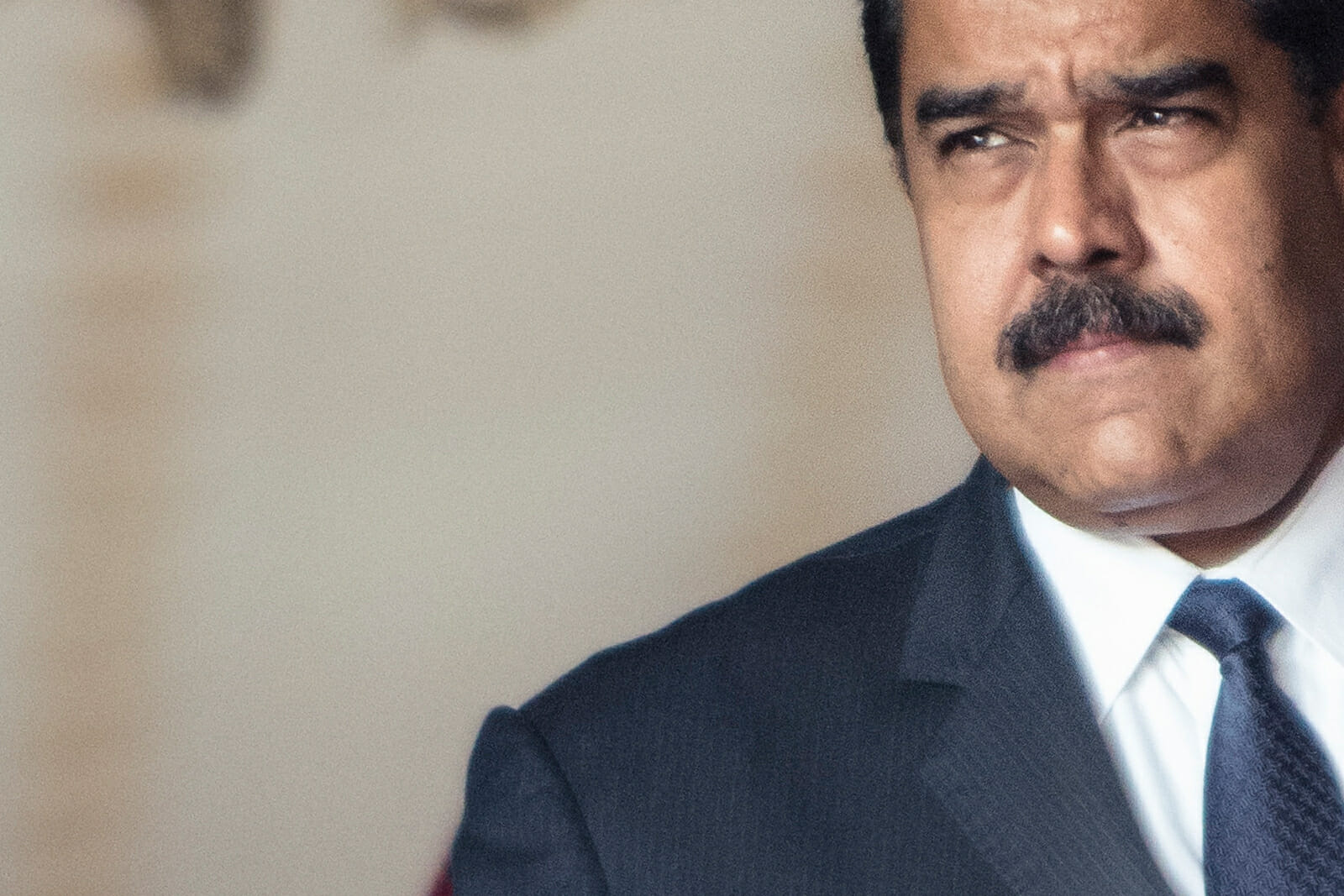
Pressure from the International Community Will Promote a Venezuelan Transition
Venezuela faces one of the world’s worst economic and humanitarian crises. Over 5.3 million Venezuelans have fled the country. The inflation rate in Venezuela, currently 2,665%, is the highest in the world. Electrical blackouts, gas shortages, and lack of access to clean water, food, and medicines are all commonplace. While most Venezuelans live in extreme poverty, officials in the Nicolás Maduro government live well. The authoritarian Maduro regime, the source of the country’s crisis, is destroying democracy, the economy, and relations with the United States.
Thus far, the United States has imposed economic sanctions, conducted criminal investigations and anti-drug operations, and ordered visa restrictions on individuals who support the Maduro regime. More needs to be done. In order to promote a governmental transition within Venezuela, the United States should increase pressure on the international community, namely members of the Lima Group and the European Union, to impose their own targeted sanctions on Venezuela.
Economists agree that sanctions are most effective when the cost becomes too high for a dictator to remain in power. Multilateral sanctions will increase the economic costs on the Maduro regime. Sanctions by the European Union and the Lima Group will cut off the economic resources that keep the Maduro regime in power.
An increase in pressure from the international community also allows time for the United States, its allies, and NGOs to work together to get much-needed humanitarian assistance into Venezuela. International cooperation can keep up the pressure on the Maduro regime without cutting citizens off from the aid they desperately need.
Closer ties between the U.S., the European Union, and the Lima Group will also help ease the immense strain on the region, specifically neighboring Colombia and Brazil, as well as Peru and Ecuador. These countries face an influx daily of immigrants from Venezuela, as well as difficulties on the best way to get humanitarian aid across Venezuelan borders. International efforts can help promote regional stability in Latin America.
Certain oil companies, aid organizations, and UN leaders argue that U.S. pressure and sanctions have worsened the humanitarian crises in Venezuela. The truth is that the humanitarian crisis began long before U.S. sanctions were first invoked in 2017.
When President Maduro took office in 2013, oil prices had already declined, and the inflation rate had already increased. Rather than working to solve the crises, Maduro found and continues to find ways to profit from them.
In addition, the U.S. has given more than $856 million in humanitarian, economic, and development assistance to Venezuela since 2017. An increase in international pressure would ensure that more focus is put on Venezuelan humanitarian assistance, not less.
The international community cannot let the dictatorship of Nicolás Maduro overrule democracy in Venezuela. The United States, the European Union, and the Lima Group can and should work together to apply pressure on the regime, to bring swift change in Venezuela. Now is the time for the international community to combine efforts to end the authoritarian rule of President Maduro, and build a better future for Venezuela’s people.
